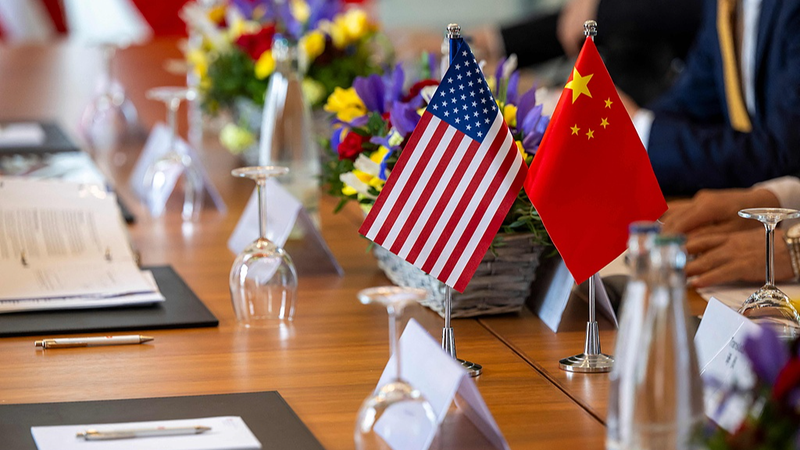Chinese Vice Premier He Lifeng has landed in Spain for a high-stakes showdown with U.S. officials, marking the fourth round of bilateral trade talks. Over the next two days, negotiators will dive into tariffs, tech access restrictions and the ripple effects these policies have on a world economy hanging by a thread.
With President Donald Trump’s 90-day reprieve for TikTok expiring on September 17, both sides face a ticking clock. The future of the popular app in the U.S. remains uncertain, and the outcome could signal how far each side is willing to compromise on broader digital-age challenges.
Since 2018, erratic tariff threats have shaken global markets. Rather than pay higher duties, many buyers have shifted to alternative suppliers: for example, China moved much of its soybean purchasing to Brazil. Such shifts underscore how unilateral price hikes can backfire, disrupting long-standing supply chains and cooling global trade flows.
Meanwhile, tight U.S. restrictions on “dual-use” goods—from advanced semiconductor chips to telecommunications gear—are forcing businesses worldwide to reroute their sourcing. Startups in emerging markets, in particular, are scrambling for reliable tech partners as they navigate a maze of export controls and licensing hurdles.
Against this backdrop, the Spain talks offer more than a venue for tit-for-tat bargaining. They’re a test of whether global powers can reset expectations, inject predictability into policymaking and rebuild confidence in an interconnected trading system. For young entrepreneurs, digital nomads and policy advocates alike, the stakes couldn’t be higher: the success or failure of these negotiations could chart the course for economic recovery and innovation in the months ahead.
Reference(s):
Why the trade talks in Spain are vital for a fragile world economy
cgtn.com




